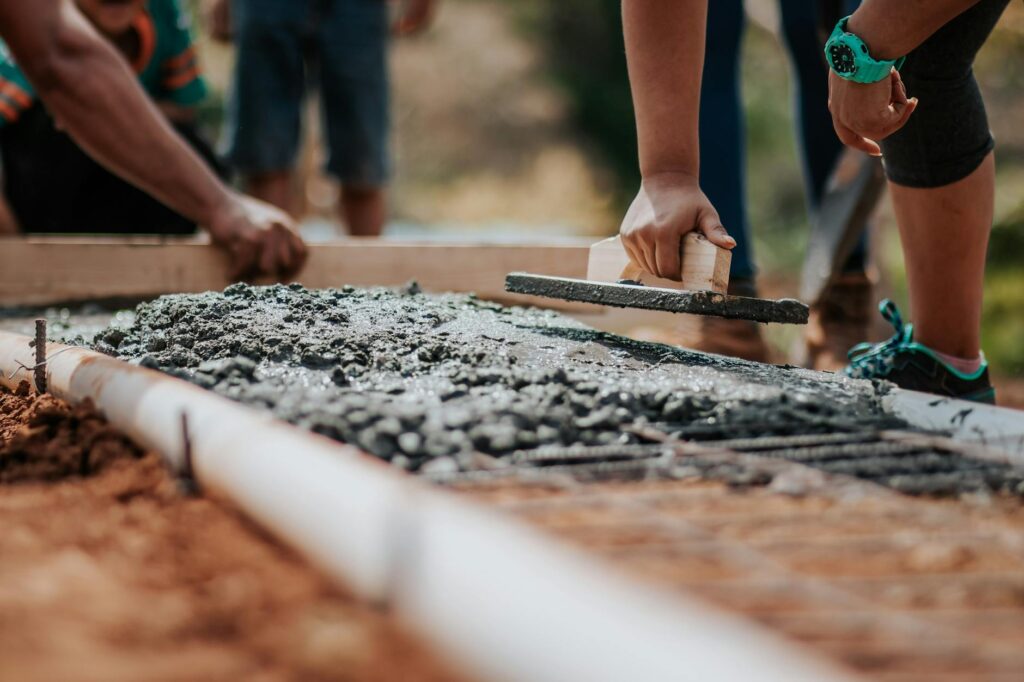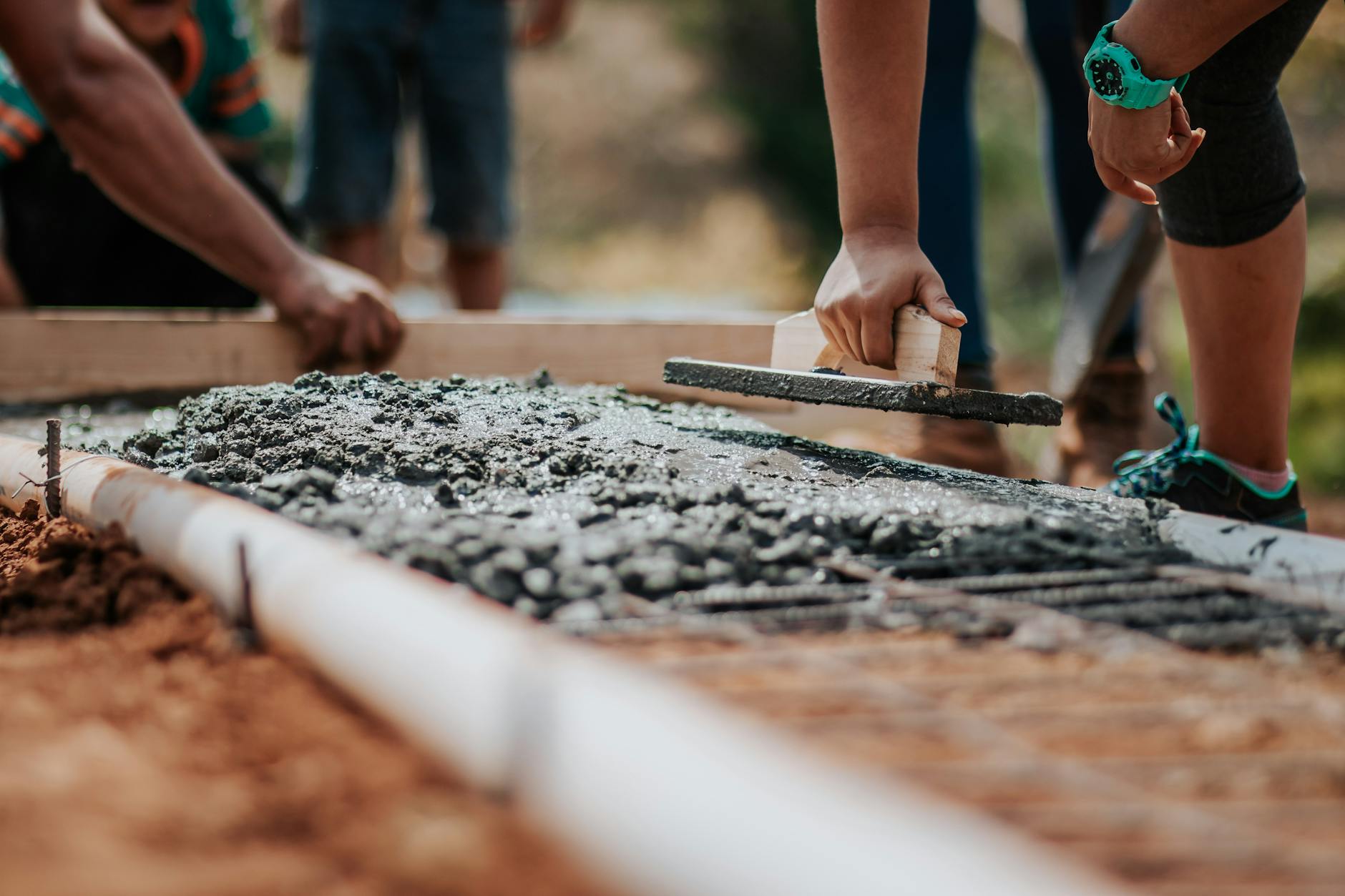What is small habit formation techniques?

What is small habit formation techniques?
In today’s fast-paced world, the ability to form small, effective habits can significantly impact our productivity and personal development. Small habit formation techniques focus on incremental changes that lead to meaningful improvements over time. Instead of overwhelming yourself with massive goals, these techniques allow you to start small, making it easier to integrate new behaviors into your life. By embracing these methods, you can cultivate lasting habits that enhance your daily routine and overall well-being.
Understanding Small Habit Formation
Small habit formation techniques are strategies that encourage the development of habits through tiny, manageable actions. Unlike larger habit change efforts that can feel daunting and unrealistic, these techniques focus on making small adjustments that can easily fit into your daily routine. The idea is to build momentum gradually, so you don’t feel the pressure of big changes right away.
The Science Behind Habit Formation
At the core of habit formation is the concept of habit loops, which consist of three main components: cue, routine, and reward. When you encounter a cue, you engage in a routine that leads to a reward. For example, if you feel tired (cue), you might decide to take a quick walk (routine) to boost your energy (reward). By focusing on small changes, you can effectively modify your routine while still enjoying the benefits of the reward.
Research has shown that small changes can lead to significant transformations over time. According to studies, such as those published by the National Institutes of Health, even minor adjustments to your daily behaviors can create lasting impacts on your health and productivity. For more insights on habit formation, check out this article on the science of habit.
Why Focus on Small Habits?
The beauty of small habit formation lies in its simplicity. Here are a few key benefits of focusing on small habits:
-
Ease of Implementation: Small habits are often easy to integrate into your existing routine. You can start with just two minutes a day, making it less likely to feel overwhelming.
-
Reduced Resistance: Since small habits don’t require a huge time or emotional investment, you’re less likely to resist them. This leads to higher chances of sticking with the behavior long-term.
-
Building Momentum: Small wins create momentum, encouraging you to tackle larger goals in the future. Each time you successfully complete a small habit, you build confidence and motivation.
Practical Techniques for Developing Small Habits
Now that we understand the importance of small habits, let’s explore some actionable techniques to help you cultivate these habits in your life.
The Two-Minute Rule
The two-minute rule is a powerful approach that suggests starting any new habit by committing to just two minutes of the activity. For example, if you want to start exercising, commit to just two minutes of stretching or a short walk.
This method lowers the barrier to entry, making it easy to begin. Once you’re in motion, you’ll often find that you want to continue beyond the initial two minutes. You can read more about this technique in detail at Buffer’s guide on building habits.
Habit Stacking
Habit stacking is another effective technique for small habit formation. It involves taking an existing habit and attaching a new habit to it. For instance, if you already brew your morning coffee, you can use that time to meditate for one minute.
The trick is to identify a habit you already do consistently and stack a new habit on top of it. This method not only makes it easier to remember but also helps you associate the new habit with a familiar routine. You can learn more about this method through B.J. Fogg’s Tiny Habits Method.
Tracking Progress
Tracking your progress is crucial when implementing small habits. It allows you to see how far you’ve come and keeps you accountable. You can use a simple checklist, a habit tracking app, or even a journal to record your daily achievements.
By visually seeing your progress, you reinforce your commitment and motivation. This practice can also help you identify patterns and areas where you might need to adjust your approach. For more tips on habit tracking, consider exploring this resource on Tiny Habits.
Overcoming Challenges in Small Habit Formation
Despite the advantages of small habit formation, challenges can arise. Here are common obstacles and how to address them effectively.
Dealing with Setbacks
Setbacks are a natural part of the habit formation process. If you miss a day or struggle to keep up, don’t be too hard on yourself. Instead, reflect on what caused the setback and how you can adjust your approach moving forward.
Consider re-evaluating your cues and rewards to ensure they’re still effective for you. Remember, the goal isn’t perfection but progress. When setbacks happen, simply recommit to your small habit and keep moving forward.
Staying Motivated
Maintaining motivation can be tricky, especially in the early stages of habit formation. To keep your enthusiasm alive, remind yourself of the benefits your new habits will bring.
You can also find an accountability partner or join a community with similar goals to help you stay engaged. Sharing your progress and celebrating small wins with others can significantly boost your motivation.
Conclusion and Next Steps
Incorporating small habit formation techniques into your daily routine can lead to remarkable changes over time. By starting small, you make the process manageable and enjoyable, paving the way for sustained growth.
So why not take the first step today? Choose one small habit you’d like to develop, apply the techniques discussed, and watch how it transforms your productivity and personal development. The journey of a thousand miles begins with a single step, and your journey towards positive change can start with just a small habit. Embrace the power of small habits, and you’ll be surprised by the impact they can have on your life.

Photo by Rodolfo Quirós